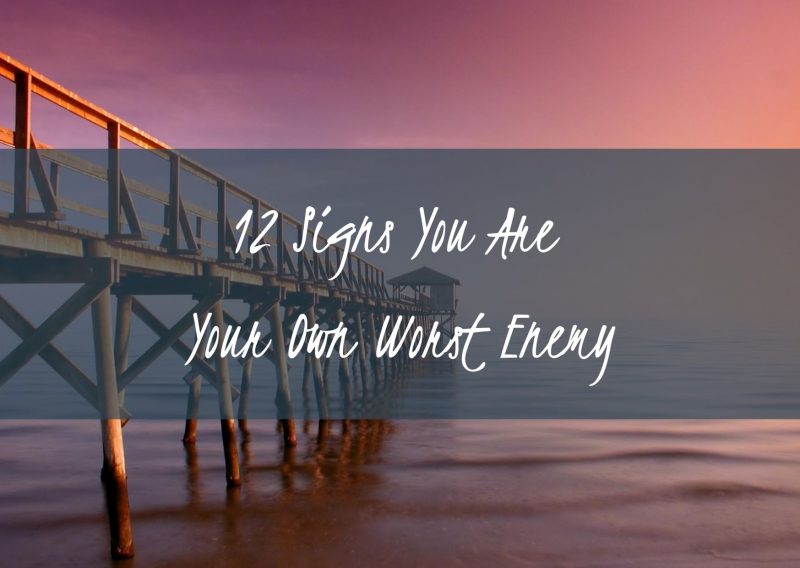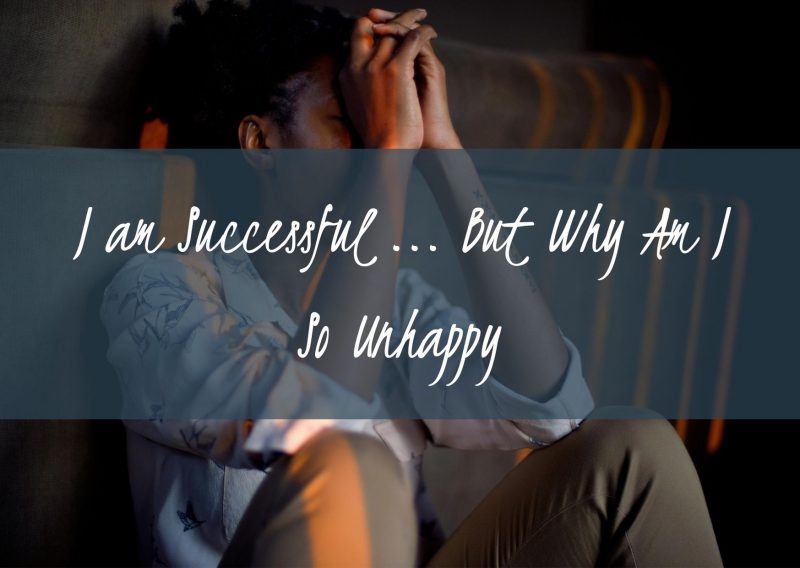I ask this because what I see happening to these entrepreneurs is nothing short of the type of abusive relationship where the powerless partner clings to the abuser despite the reality that he will never change.
To explain what I mean, I will use the 5 signs of an abusive relationship as discussed by Dr Matthew E. James, President of the Empower Partnership in his article: “Are you in an abusive relationship with money?”
I will spare you the usual explanation of statistics reflecting how high Black youth unemployment is; and how most Black entrepreneurs are failing. You know all that since you yourself have acted in your personal capacity to respond to this problem. In addition, I am wary of using the term “entrepreneur” since the government’s definition of entrepreneurship and what it really is, is vastly different. This is where things already start going wrong because you create the illusion that any unemployed (mostly young and Black) soul should just become an entrepreneur. Voila! Unemployment problem solved. Not! So let’s cut to the chase:
- Isolation: In an emotionally abusive relationship, the abuser wants you all to themselves. They won’t acknowledge that you have a life outside of the relationship. They don’t want you spending time with family and friends. They don’t want you to have any outside fun or relaxation. An abuser demands that they be the centre of your universe.
I interpret this to mean that the government has created a “false reality” that being an entrepreneur will solve all our problems. This romanticized notion of entrepreneurship has led to almost every unemployed young person calling themselves an entrepreneur but having no clue as to how to make this work. They are led by the nose with empty promises of incubators, access to finance and skills, and they stay in this “relationship” believing they are “loved” and hoping the support they so desperately need will come soon. In reality, only a minority actually get this. They are so charmed by the idea that the reality of what it takes to be a successful entrepreneur only hits them later.
On the other hand, the government (the abusive partner), continues to woo them with empty promises of how special entrepreneurs are and how they are the solution to creating jobs. In other words, selling an ideal that is as vacuous for entrepreneurs, as gender equality is for women in South Africa.
- Low self-esteem: An abusive partner steadily and constantly chips away at your self-esteem. According to them, you can never be attractive enough, smart enough or good enough. When they compare you to others, you always come up short. No matter how hard you try, you feel inadequate. You’re ashamed to talk with friends and family about what’s really going on in the relationship and feel compelled to lie to keep up appearances.
The ”dream” of entrepreneurship starts from an already low base in most cases – young people struggling to find employment and then “charmed” into believing entrepreneurship is the way to go. In the beginning, they are confident about calling themselves hustlers and chasing the dream in every imaginable direction. As the hustle turns to nought they are left wondering whether this was ever their dream. They end up disillusioned, with their self-esteem at rock bottom, joining the hordes of people who have long given up on any form of (legitimate) income in this country.
Government fuels this by naming every second initiative “youth” focused or “entrepreneurship” driven. It implements policies, rebates, new programmes, new agencies and uses Youth month (June) and Women’s month (August) to continue to pepper entrepreneurs with false hope whilst parading “successful” youth and women entrepreneurs. In reality, entrepreneurs face a maze of uncertainty when trying to access these opportunities. It is still unclear who does what and for whom. For example where to go to for mentoring support and who offers grant funding (not loans) for entrepreneurs. The list of acronyms of support agencies are a mile long – SEDA, NYDA, IDC, DTI, GEP, NEF, SARS, blah, blah, blah – but only a handful of entrepreneurs will ever benefit from any of these agencies. In reality, this bureaucratic mumbo jumbo has created space for a proliferation of private sector initiatives that only adds fuel to the fire. In short, confusion continues to reign supreme!
- Fear: People in an abusive relationship feel like they are constantly tip-toeing through a minefield. One wrong move and the consequences can be devastating—if not fatal. They begin to feel anxious and afraid almost all the time, but especially when they’re dealing directly with their abusive partner.
Yes! We all know government service rarely lives up to the Batho Pele principles adopted more than a decade ago. In fact, entrepreneurs have to contend with impatient or unresponsive services when trying to access government agencies. More than this, the thought of trying to figure out where to go for what they need fills them with dread. Inevitably they are too scared to ask and try to find their own way in the entrepreneurship industry that is as dense and intimidating as the Amazon jungle. Ultimately, they are left with seeking advice and guidance from Facebook support groups.
- Domination: An abuser demands to be treated like royalty like they are in total control of your life. When they say “Jump!” you say, “How high?” They make sure you feel guilty if you try to assert yourself or pursue your own aspirations or desires. The abuser holds all the power and you are virtually powerless.
How often have we seen this? Government feigning indignation when criticized about the lack of responsive action to support entrepreneurship. “What do you mean? We have implemented this that and the other programme to the value of so many hundreds of millions”. In other words – “What the hell is wrong with you? You are such an unappreciative entrepreneur!” Then we get reminded of the slew of policies and legislation passed to “support” entrepreneurship; how government agencies are prioritizing SMMEs to deliver government services; and how measures such as the BBBEE Act will ensure that all sectors support entrepreneurship.
But what you don’t realise or ignore Mr President, is that you give with one hand while grabbing back with the other. Let’s take the Denel scenario. We do know that until the private sector meaningfully implements enterprise and supply chain development, entrepreneurs rely heavily on state-owned enterprises (SOEs) and government departments for business. This is a double-edged sword. Whilst the government is rooting out corruption in SOEs like Denel, the majority of (legitimate) entrepreneurs who have provided services to the company, remain unpaid. What can they do? Nothing! How dare they question the hand that feeds them. Mr President, you are killing many small businesses in one fell swoop. That’s how domination works.
- Enslavement: People in abusive situations often realise that the relationship isn’t healthy. But they’re still reluctant to change it or leave it. They think, “Maybe if I just try harder, it’ll work out” or “Maybe it will be even worse if I leave.”
You, Mr President, and your government have created a nightmare, that, coupled with unacceptably high levels of unemployment, has enslaved us to believe that entrepreneurship is the answer. Yet decades down the line where are we? Black youth and women entrepreneurs are stuck in a cycle of “survivalist entrepreneurship” – falling from one measly transaction to the next – selling anything and everything. Some are so lost they call themselves entrepreneurs but ask –“What can I do?”.
What you and your government have done well Mr President is sell us a utopia of entrepreneurship that has continued to benefit the privileged and which has left the majority of “entrepreneurs” standing with begging bowls. In other words, you continue to behave in the same old way that has resulted in South Africa having an ever-widening gap between rich and poor, White and Black. Now you can add entrepreneurship to the list of drivers of inequality.
It is disconcerting to see how those who have previously benefited continue to be the beneficiaries of South Africa’s “thriving entrepreneurship culture”. And once again we have perpetuated the division between the “haves” and the “have nots”. Only this time we can thank our very own government for that. A case in point: The BBBEE Act compels companies to invest in skills development and enterprise development to open access to opportunities for Black people. But what has happened? It has created a thriving industry of incubators and SMME services owned by the previously advantaged and trusted by corporate South Africa, with Black people merely seen as “beneficiaries”. Alternatively, the programmes implemented by companies are so tokenistic – black entrepreneurs may need to settle for a “space in a building” and nothing more. Yet these companies continue to get recognition for their contribution to BBBEE.
Another example is the section 12J company incentive model created to stimulate investment in entrepreneurship. Who owns these companies? Who are the investors? And who is benefiting from the investments? Yes, Mr President, you guessed right.
If I can give you some useful advice Mr President – stop thinking of and treating Black people like beneficiaries and victims, needing a handout and a saviour. You should know better! Instead, recognize that to date the government’s uncoordinated, fragmented and unrealistic policies and programmes have done nothing but fail Black and women entrepreneurs. And that is on You!
Shireen Motara is a Coach, Advisor and Mentor to entrepreneurs and women leaders. She has assessed the impact of corporate CSI programmes and has over 20 years’ experience in the social change sector. She is a director of a company that provides entrepreneurs with short-term working capital which is responsive to their immediate needs.




0 Comments